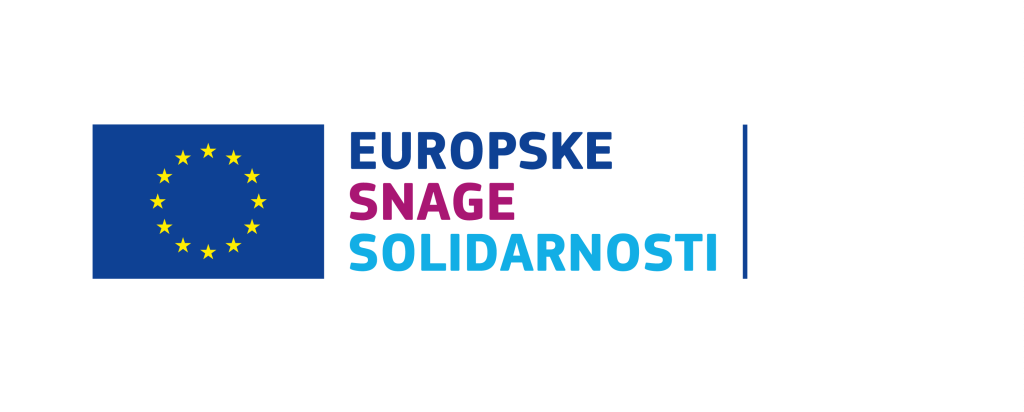The European Union presents numerous opportunities for young people to broaden their horizons, acquire new skills, and experience diverse cultures. One of the most significant programs facilitating these opportunities is Erasmus+. Established to promote education, training, youth, and sport across Europe, Erasmus+ has become a gateway to personal and professional growth for millions of young Europeans.
A key component of Erasmus+ is the opportunity for students to complete a semester or an entire academic year abroad. Through partnerships between European universities, students can study at a foreign institution while receiving financial support for travel, accommodation, and living expenses. This initiative not only allows participants to experience different educational systems but also helps them build an international network, improve their language skills, and gain a competitive edge in the job market.
By spending a semester abroad, students develop independence, adaptability, and intercultural competence—qualities that are highly valued in today’s globalized world. The academic credits earned during an Erasmus+ semester are usually transferable, ensuring that participants do not lose progress in their studies. Additionally, the program fosters personal growth by exposing students to new perspectives and cultural experiences.
Beyond individual benefits, Erasmus+ contributes to the European ideal of unity and cooperation. By bringing together young people from different backgrounds, it strengthens mutual understanding and fosters a sense of European identity. Many former participants describe their Erasmus+ experience as life-changing, highlighting the friendships, personal growth, and career opportunities that resulted from their involvement.
For students looking to broaden their perspectives and enhance their academic and professional prospects, Erasmus+ remains one of the most valuable initiatives within the EU. With its extensive support network and commitment to lifelong learning, it continues to empower young Europeans to shape their own futures while contributing to a more interconnected and dynamic Europe.
Timo Frisch



